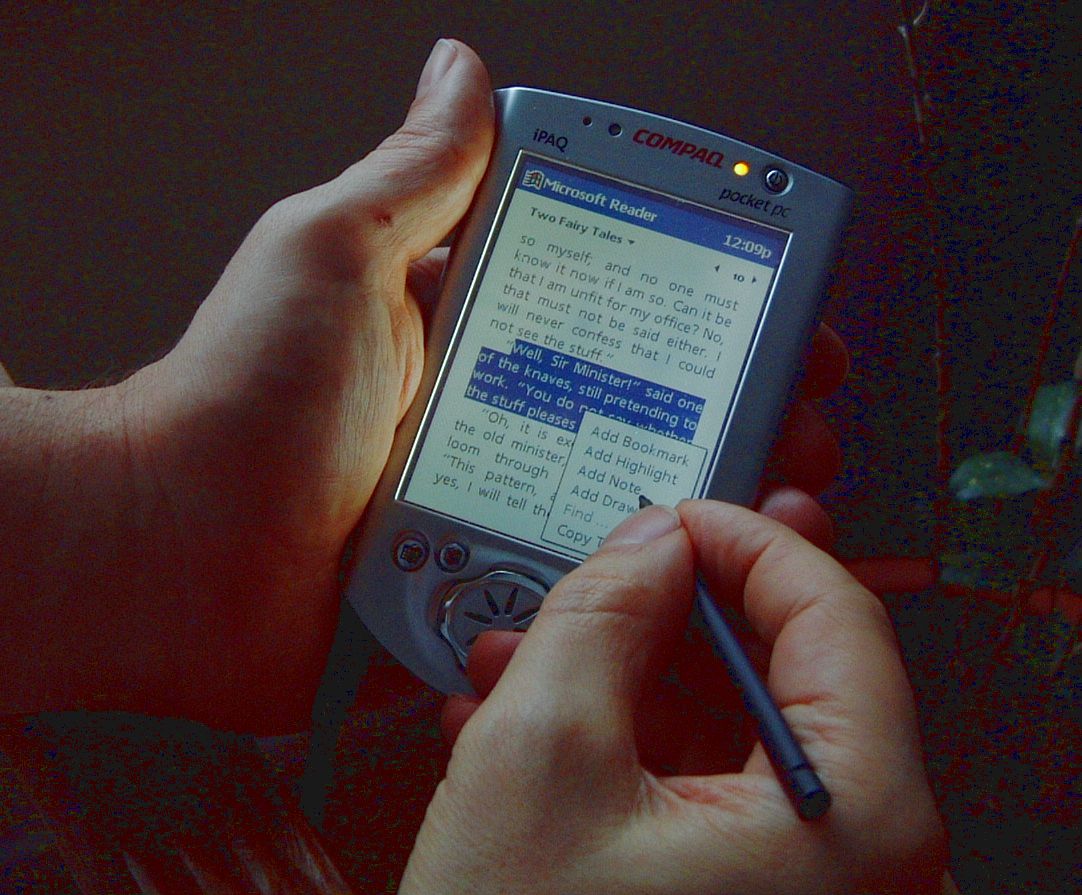Online privacy and security-concerned people have always worried about operating systems that track what users do on their computers and mobile devices. Tracking and selling the data to other parties is not only questionable but also a dangerous practice that one day may cause safety problems to users. Project known as /e/ (formerly eelo) is developing a solution that will not track users at the operating system level.
Microsoft Windows operating system that powers most computers on earth sends information back to the headquarters about the usage of the computer. It is possible to switch off some data collection features, but who knows what data Microsoft still collects. This is remarkable because users actually have paid for the Windows software that is running on the computer. It is included in the price of the PC, but in the end, every PC owner has paid for the Windows software.
Apple claims it doesn’t track Mac users who are running MacOS or mobile users running iOS software. Maybe so. Nonetheless, using a Linux system on a computer is the safest bet to stay private and secure on the net.

For experts, plenty of tools are available on computers to discover and prevent tracking of personal data. On tablets and smartphones, the situation is different. The most widely adopted operating system, Android, sends data to Google, and there is very little what average users can do about it.
This is the mission of /e/ that was earlier known as eelo: to create an operating system for mobile devices that doesn’t track users or collect user data.
Developing a new operating system from scratch as an open source project without gargantuan amount of funding is next to impossible. The father of /e/, Gael Duval, chose a sensible path. He took an open source software, Android, as a starting point. Android is open source, but Google has applications, like Play Store, Search, Maps, and many other important features that it controls and uses for personal data collection. Most device manufacturers include Google apps in their Androids products.
The people who are now developing /e/ with Duval are going to replace all Google components with new open source components, and make the new operating system completely transparent. It is a huge task, but doable with teams of software developers. Duval tells more about the project in his blog post.
The challenge after building all necessary components is to get the /e/ operating system to the people who want to manage their privacy. There must be millions of people who want it, but it is unlikely that major mobile device manufacturers will adopt /e/ and factory-install it to their mobile products. The manufacturers are concerned of, at least, support, responsibility and legal issues.
So, people who want /e/ on a smartphone or tablet have to install it themselves. The development team is testing products that are compatible with the software. Probably for 99.99% of people – even those who understand the importance of the project, replacing the operating system on their phones or tablets is out of the question. It is simply too difficult and risky.
Hopefully, /e/ can find a way to deliver the operating system to average users as well, not only to experts. Maybe electronics retailers, phone shops, operators and other companies could install the software on customers’ mobile devices, charging a small fee for it.
The world needs an operating system like this. We want this to succeed. We have to have control over our own data.
The /e/ community welcomes contributions and support on the project web page.
The video clip below shows the user interface of /e/ operating system. It looks like Android, but it probably is a good thing for people who don’t think too much about the operating system but simply want to use an app or two on their mobile devices.
